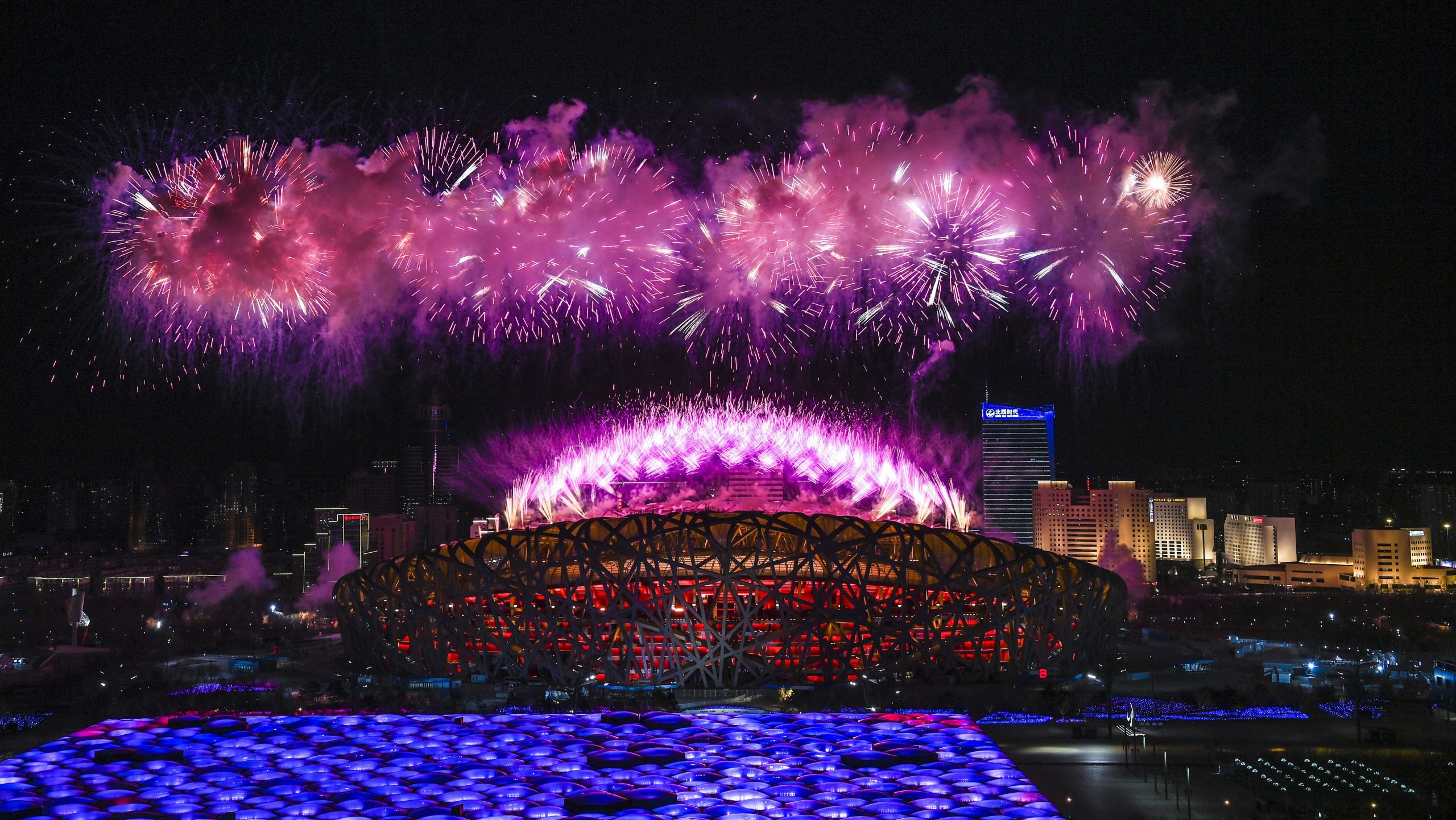China censored calls for peace in the Russia-Ukraine conflict, at the Beijing Paralympic Games opening ceremony, Friday, CNN reported. Andrew Parsons, president of the International Paralympic Committee (IPC), had a large part of his speech censored by the Chinese state broadcaster CCTV.
Parsons said possibly referring to the situation in Ukraine, “Tonight, I want to begin with a message of peace. As the leader of an organization with inclusion at its core, where diversity is celebrated and differences embraced, I am horrified at what is taking place in the world right now”, and added, “The 21st century is a time for dialogue and diplomacy, not war and hate”.
Also Read | BBC, CNN, others pull out of Russia over ‘fake news’ law
However, CCTV’s live commentary did not translate Parsons’ account of global events and most of his speech that came after this point. Further, the volume of his speech was lowered on the broadcast and sign language interpretations were paused as well, on screen.
While Parsons also clapped for the Ukrainian delegation during the opening ceremony, China switched it out with a wide shot of the stadium instead.
Thus far, China has been careful to remain neutral in the Russia-Ukraine conflict. Not only have they refused to term Russian action on Ukrainian soil as an invasion, but has also not imposed sanctions on the country, questioning their legal basis.
Ties between Russia and China have been strengthened with the latter depending on the former for its oil and gas needs, Reuters reported. During the Beijing Winter Olympics, heads of state Xi Jinping and Vladimir Putin, or China and Russia, respectively, met to present a united front against western nations which often view their governments as authoritarian.
Also Read | Volunteer hackers set to defend Ukraine against Russia, official says
While China hasn’t actively spoken out about the Russia-Ukraine conflict, it has urged for restraint on all sides but maintained that Moscow’s security demands are legitimate. China has also gone to the extent of accusing NATO’s eastward expansion, helmed by the US, as the cause of the current conflict.







